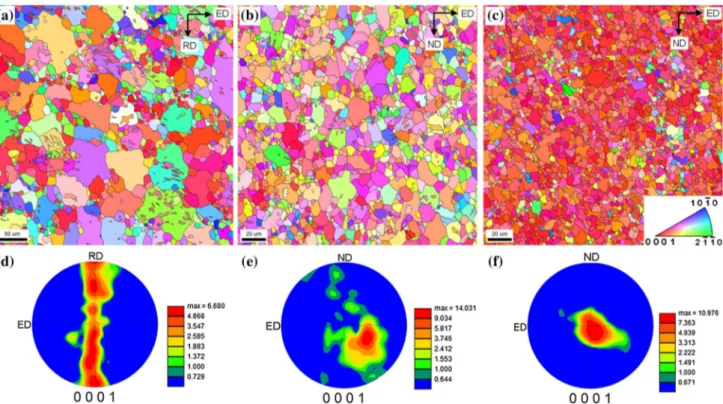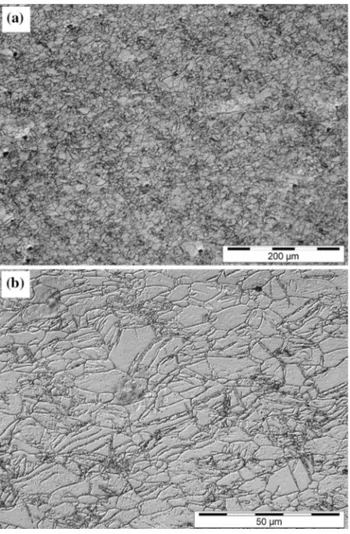In situ analysis of the influence of twinning on the strain hardening rate and fracture mechanism in AZ31B magnesium alloy
Texte intégral
Figure




Documents relatifs
Thermal gradients, winter and summer conditions, for masonry wall insulated on inside. Thermal gradients, winter and summer conditions, for masonry wall insulated
meandering, stretched coiling, alternating loops, and translated coiling, and characterize them as a function of the geometric and material properties of the rod, as well as the
Concerning the correlation between PPARγ expression and clinicopathological features or aggressiveness mark- ers, our data demonstrated that nuclear PPARγ expres- sion was
Keywords: rifting; strain rate; stretching factor; tectonic subsidence; strain hardening; tectonic force.. 24
Results showed that if collagen cross-links are involved in the elastic contribution of the fracture process, the plastic one is mainly governed by the porosity
یئاطع ءهدنشخب هک یمیرک یا یئاطخ ءهدنشوپ هک یمیکح یا و یئادج قلخ کاردا زا هک یدمص یا و یئاتمه یب تافص و تاذ رد هک یدحا یا و یئامنهار هک یقلاخ یا و یئازس ار ییادخ هک
The relative amplitude of the strain hardening decreases as the volume fraction increases till Ф v = 0.3 , above which hardening is not observed. Strain hardening
Pour toutes ces raisons, par souci d’équité, le Conseil tient à souligner la nécessité de considérer l’ensemble des circonstances actuelles : celles dans

